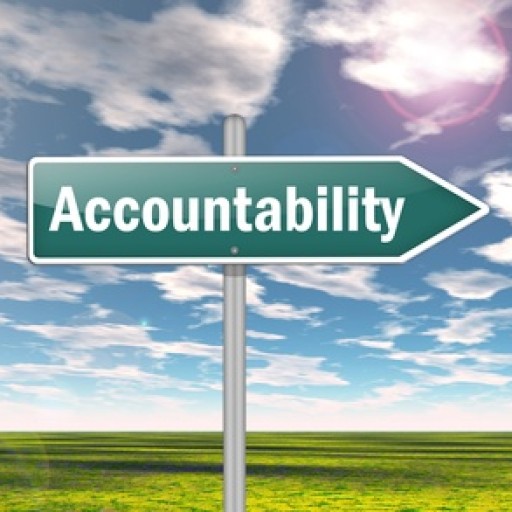I got such positive response to my last post on creating an accountable team that I decided to turn it into a series, so, welcome to part 2!
So why put into action an accountability strategy in your business? What are the keys to putting it in place, what are the benefits and the risks?
First, creating an accountable team – one that holds themselves accountable for their results individually actually creates a congruent whole for everyone – an environment where what is best for the individual is also what is best for the company – how does that sound?
One of the keys to accountability is consequences – clear and significant consequences must exist, both positive, that you earn or receive, and negative, things that you won’t receive, based on results.
Benefits of An Accountable Team
A team that is accountable, knows what they are accountable for, so team roles are more clear and expectations are enhanced. Gaps and overlaps are reduced, so tasks don’t fall on the floor, and you can staff efficiently. Accountability creates room for developing decision-making skills and personal growth, and provides a context for goal setting. It enables people to let go of what they are not responsible for, increasing their commitment to what they are responsible, and to their measured results.
Risks of Accountability
Building accountability with your team does have risks. Because accountability requires public commitment – you and your team have to say out loud, and in writing, what you are committed to accomplishing and by when. That commitment comes with consequences – if you are not truly committed to your results you will eventually experience personal loss – when excuses are no longer an option, it can feel defeating to not achieve the results you’re expecting.
Accountability means changing cultural for many organizations – those changes will require a change to expectations and relationships with other team members. Excuses and reasons for why something didn’t get done, blaming managers, blaming other team members, blaming customers simply can no longer be part of the organizational conversation. This shift will naturally create friction with the hierarchy – as managers are expected to be accountable as well.
The Dark Side
Like any form of power accountability is open to misuse. An unfair bargain can be developed where the unfairness is made non-discussible. People can set unreasonable negative consequences for themselves or their subordinates. Incomplete accountability agreements can be made to operate exclusively in a top-down fashion rendering the concept of accountability meaningless. Be aware of these issues as you develop your culture of accountability.
The Leadership Challenge
As you create your new accountable team culture, be sure to follow these guidelines:
- Leaders seek commitment, they do not settle for compliance
- Leaders focus on results, not activities
- Leaders learn and help others to learn from mistakes
- Leaders encourage and challenge, they don’t over-control
- Leaders reward courage not caution
Next time: the Accountability Agreement and Lame Excuses Why an Accountability Strategy Wont work.
Questions on how? Get in touch.

